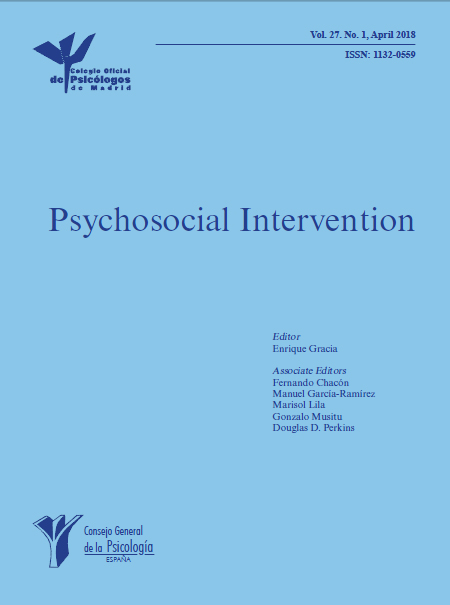
Discriminating real victims from feigners of psychological injury in gender violence: Validating a protocol for forensic setting
[Discriminating real victims from feigners of psychological injury in gender violence: Validating a protocol for forensic setting]
Manuel Vilariño; Francisca Fariña; and Ramón Arce
Abstract
Standard clinical assessment of psychological injury does not provide valid evidence in forensic settings, and screening of genuine from feigned complaints must be undertaken prior to the diagnosis of mental state (American Psychological Association, 2002). Whereas psychological injury is Post-traumatic Stress Disorder (PTSD), a clinical diagnosis may encompass other nosologies (e.g., depression and anxiety). The assessment of psychological injury in forensic contexts requires a multimethod approach consisting of a psychometric measure and an interview. To assess the efficacy of the multimethod approach in discriminating real from false victims, 25 real victims of gender violence and 24 feigners were assessed using a the Symptom Checklist-90-Revised (SCL-90-R), a recognition task; and a forensic clinical interview, a knowledge task. The results revealed that feigners reported more clinical symptoms on the SCL-90-R than real victims. Moreover, the feigning indicators on the SCL-90-R, GSI, PST, and PSDI were higher in feigners, but not sufficient to provide a screening test for invalidating feigning protocols. In contrast, real victims reported more clinical symptoms related to PTSD in the forensic clinical interview than feigners. Notwithstanding, in the forensic clinical interview feigners were able to feign PTSD which was not detected by the analysis of feigning strategies. The combination of both measures and their corresponding validity controls enabled the discrimination of real victims from feigners. Hence, a protocol for discriminating the psychological sequelae of real victims from feigners of gender violence is described.
Resumen
Copyright © 2026. Colegio Oficial de la Psicología de Madrid















